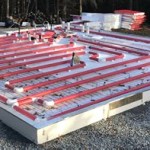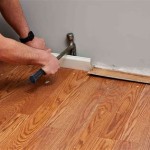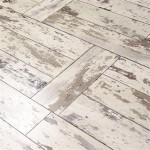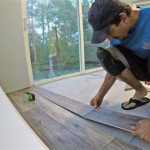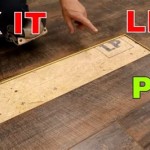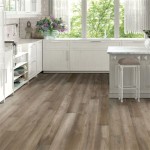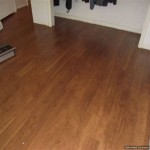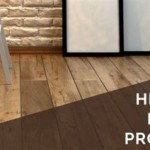Gym Mat Flooring: Essential Considerations for Safety and Comfort
Gym mat flooring is a crucial aspect of any fitness facility, serving as a foundation for various workouts. Choosing the right flooring material is essential for ensuring safety, comfort, and durability in your gym. Here are some key factors to consider when selecting gym mat flooring:
Material and Construction
Gym mat flooring is typically made from materials such as rubber, foam, or a combination of both. Rubber mats offer excellent durability, shock absorption, and sound insulation. Foam mats are lighter and more flexible, providing cushioning and support. Consider the type of exercises that will be performed on the flooring and choose a material that meets the required performance criteria.
Thickness
The thickness of gym mat flooring determines its level of shock absorption and comfort. Thicker mats (1/2 inch or more) are ideal for high-impact activities like weightlifting and plyometrics, as they provide greater protection against injuries. Thinner mats (1/4 inch or less) are suitable for less strenuous activities like yoga or Pilates, providing support while maintaining stability.
Density
The density of gym mat flooring refers to its weight per unit volume. Higher-density mats are more durable and can withstand heavy traffic and equipment. They offer better support and stability for intense workouts. Lower-density mats are softer and more pliable, providing a more comfortable surface for activities like stretching or floor exercises.
Interlocking vs. Roll-Out
Gym mat flooring comes in two primary formats: interlocking and roll-out. Interlocking mats feature interlocking edges that allow easy assembly without the need for adhesive. This makes them ideal for temporary or portable gyms. Roll-out mats are large, single-piece mats that are unrolled and laid down. They provide a more seamless and uniform surface, but require adhesive for installation.
Additional Features
Some gym mat flooring includes additional features that enhance its functionality. These may include antimicrobial coatings to inhibit bacteria growth, moisture-resistant surfaces for easy cleaning, and non-slip surfaces to prevent accidents. Consider the specific needs of your gym and choose flooring with appropriate features.
In conclusion, selecting the right gym mat flooring is essential for creating a safe and comfortable exercise environment. By considering factors such as material, thickness, density, format, and additional features, you can choose flooring that meets the specific requirements of your gym and supports your fitness goals effectively.

Is Eva Foam Good For A Gym Floor What Are My Options

Protect Your Equipment And Users With The Best Gym Flooring On Market

Gym Matting Tiles

15mm Thick Rubber Gym Floor Mat Tiles Premium Flooring Commercial Home Fitness Tile China Made In Com

Gym Mats As A Flooring Option The Foam Factorythe Factory

Gym Flooring Mats Crumb Rubber Tiles

Gym Flooring Blue Fitness Gyms

Black Rubber Gym Flooring Commercial Mats

How Thick Should Your Home Gym Rubber Flooring Be Word Of Mouth Floors

Granuflex Rubber Flooring Functional Fitness Gym Mats 30mm Sound And Impact Absorbing Strength
Related Posts

